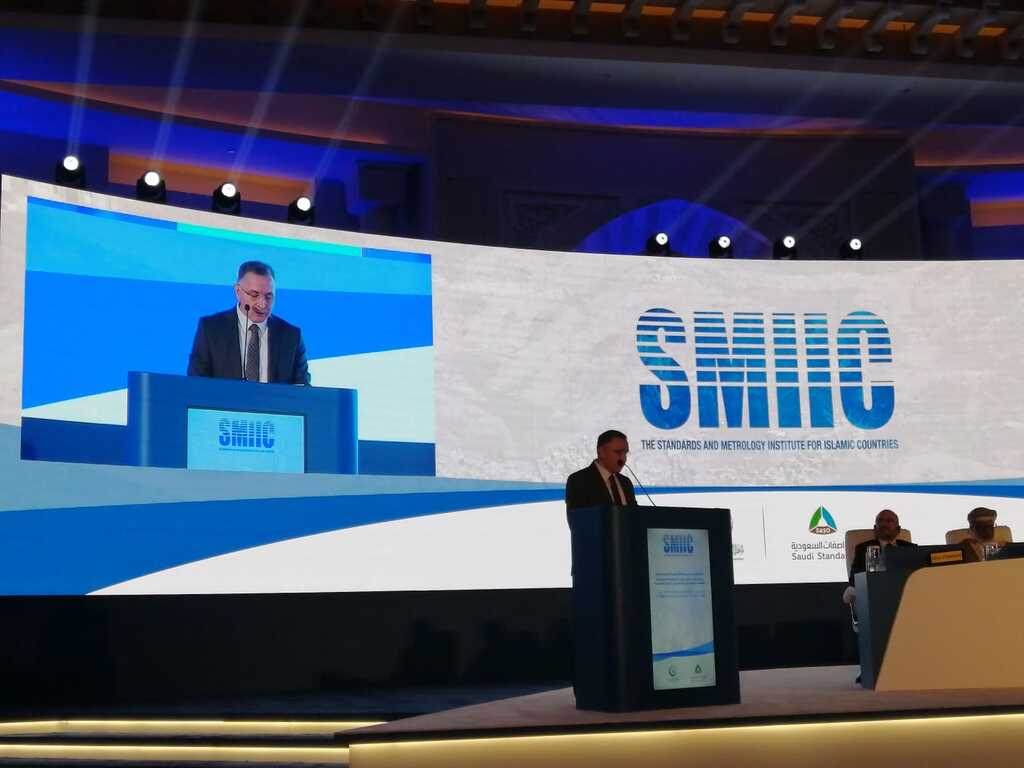THE Malaysia Institute for Supply Chain Innovation (MISCI) plans to commence a new research project into the halal logistics sector given growing demand for such services, and the need for consistency in maintaining certain food handling conditions.
MISCI was formed earlier this year as a joint venture between the Malaysian government and the Massachusetts Institute of Technology’s Centre for Transportation and Logistics in the US.
“We are engaged in discussions with industry partners and seeking to appoint personnel who are active in the halal logistics space,” said Mahender Singh of the MISCI according to London’s Containerisation International. “Our excellence as a world class centre for supply chain education and research, and the fact that Malaysia is a leading country in the halal trade, puts us in a unique position to understand these fast-growing supply chains.”
Mr Singh said halal logistics represents a major opportunity for manufacturers and service providers. “This is at a time when many companies are searching for new growth opportunities around the globe with two billion Muslims,” he said.
One problem with halal food is that companies handling it need to adhere to Sharia law. The report said that traceability of cargo from origin to destination is becoming a critical concern as it offers a means of monitoring contamination during its journey.
It said that 30 per cent of halal trade is expected to involve food items, and according to Sharia law these products must be kept “clean and pure and segregated from non-halal goods”.



